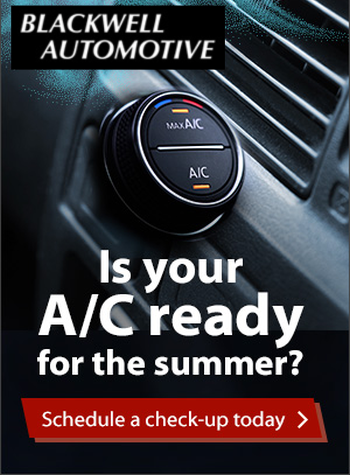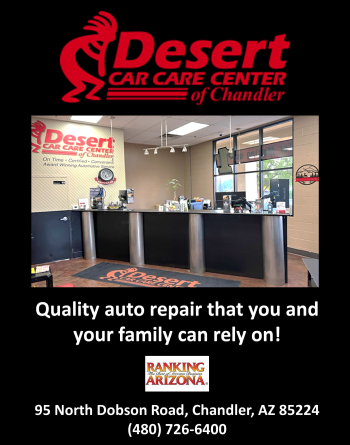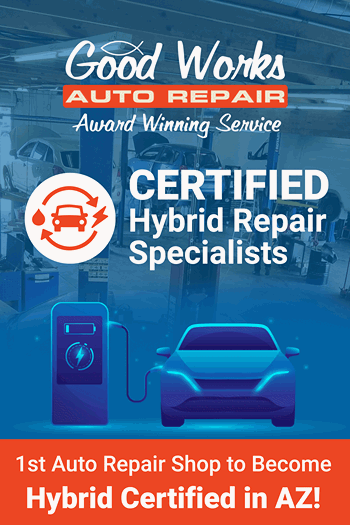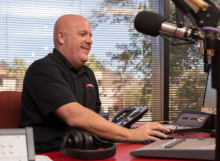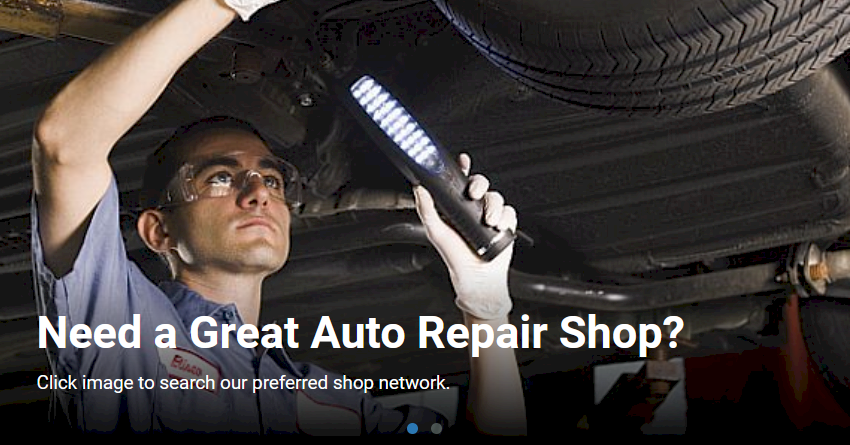
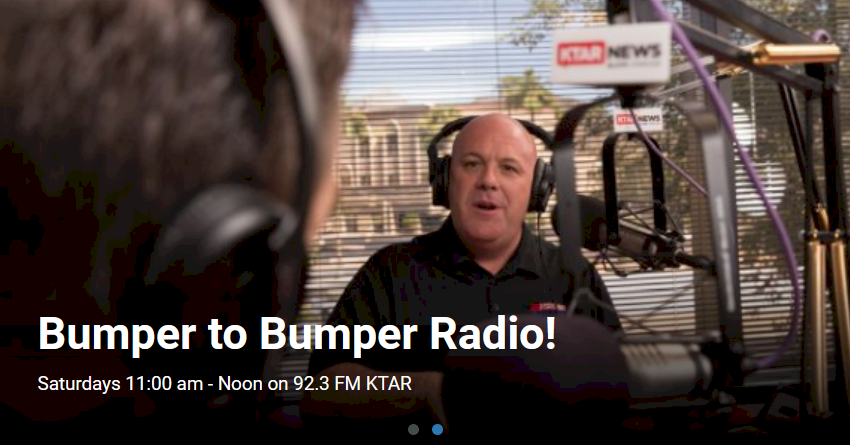
Welcome to Bumper to Bumper Radio!
Drive in anxious and cruise out confident with the best automotive information for your vehicle! Tune in to KTAR News 92.3 every Saturday from 11 a.m. to noon as Matt Allen helps listeners with their car problems. The show call in number is 602-277-5827.
Latest News From Bumper to Bumper Radio
Across the country, many buyers soon find out that the number on their odometer doesn't come close to matching their car's true mileage.
We use mileage to determine when to get our oil changed, when to rotate our tires, and how much our vehicle is valued, but that mileage on your new "used" vehicle, may not be what you paid for.
The people at CarFax tells us that, unfortunately, "odometer fraud" is not a forgotten scam. It's been around for decades but, with the advent of the digital odometer, many people mistakenly believe that odometer roll-backs are no longer possible. However going digital has actually made odometer fraud easier; it's just like hacking a computer. The bad news is that New York is one of the top five states with the most amount of "roll-back" cars.
How do plug-in hybrids save money? After doing the math, you will know whether it fits your budget and lifestyle.
Plug-in hybrids save money on fuel by operating on both electricity and gasoline and by saving energy. Like regular hybrids, plug-in hybrids use both a gasoline engine and an electric motor but have a higher-capacity battery to store electricity. They take advantage of electricity's low cost and the electric motor's energy efficiency but retain the convenience of gasoline's widespread availability and quick refueling. Plug-in hybrids also save energy through regenerative braking, which recovers much of the energy typically lost when you apply the brakes. Regenerative braking slows the vehicle by converting its momentum into electricity, and stores the electricity in the vehicle's battery. Plug-in hybrids also save fuel by using a start-stop system that saves fuel by turning off the engine when it would otherwise be idling, and starting it automatically when the accelerator is pressed, such as at a traffic light.
The big advantage of a plug-in hybrid is that you can plug it in to re-charge the battery. It's much cheaper to run your vehicle on electricity from your outlet than on gasoline. Based on typical average rates, operating a plug-in on electricity costs less than half as much as it would on gasoline.
Plug-in hybrids have a larger battery than a regular hybrid so you can use more electricity and less gas. When the electricity runs out, it operates just like a regular hybrid. You don't have to plug it in to drive it, but re-charging it whenever you can will maximize your fuel savings.
A plug-in hybrid's motor is also more powerful than a regular hybrid's, so the plug-in hybrid can be driven in electric-only mode at higher speeds, not just during low speed driving.
If you're considering a plug-in hybrid, it's important to understand that all plug-ins are not alike. Some have batteries that hold more electricity than others, and some can go farther on electricity without using any gasoline. Since using electricity instead of gasoline is key to saving money with a plug-in hybrid, your driving habits, especially the distance you drive between re-charging the battery, can have a big effect on your fuel bill.
With all of these factors affecting electricity use, it can be difficult to estimate how much fuelling a hybrid will cost you. So, check it out and see if a plug-in hybrid could be right for you!
The average American car owner pays almost $9,000 a year in driving costs. Automotive expert Lauren Fix, The Car Coach shares important automotive maintenance and car repair tips to help you save money and keep your car running smoothly.
For more information and for a FREE car care guide, visit the Car Care Council at www.carcare.org.
There have been 17 hot car related deaths this year. What should you do if you discover a child has been locked in a hot car? Automotive expert Lauren Fix demonstrates how to prevent another hot car related death. Watch these tips on Inside Edition to prevent another tragedy!
If the heat of summer is wearing you down, it is likely taking its toll on your car battery too. Contrary to popular belief, summer highs rather than winter lows pose the greater threat to battery life, according to the non-profit Car Care Council.
Sooner or later all batteries have to be replaced. Excessive heat and overcharging are the two main reasons for shortened battery life. Heat causes battery fluid to evaporate, thus damaging the internal structure of the battery. A malfunctioning component in the charging system, usually the voltage regulator, allows too high a charging rate, leading to slow death for a battery.
“When most motorists think of dead batteries that cause starting failure, they think of severe winter weather, but summer heat is the real culprit,” said Rich White, executive director, Car Care Council. “Many battery problems start long before the temperatures drop. Heat, more than cold, shortens battery life.”




